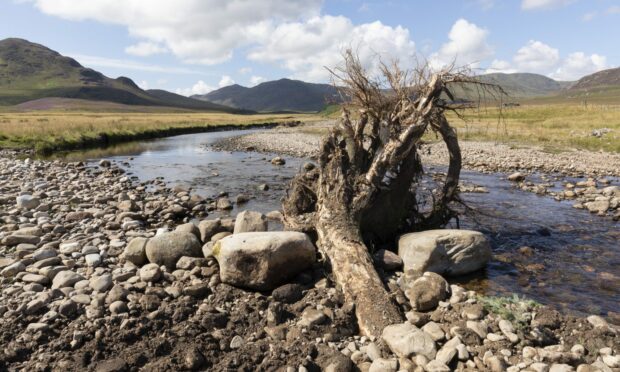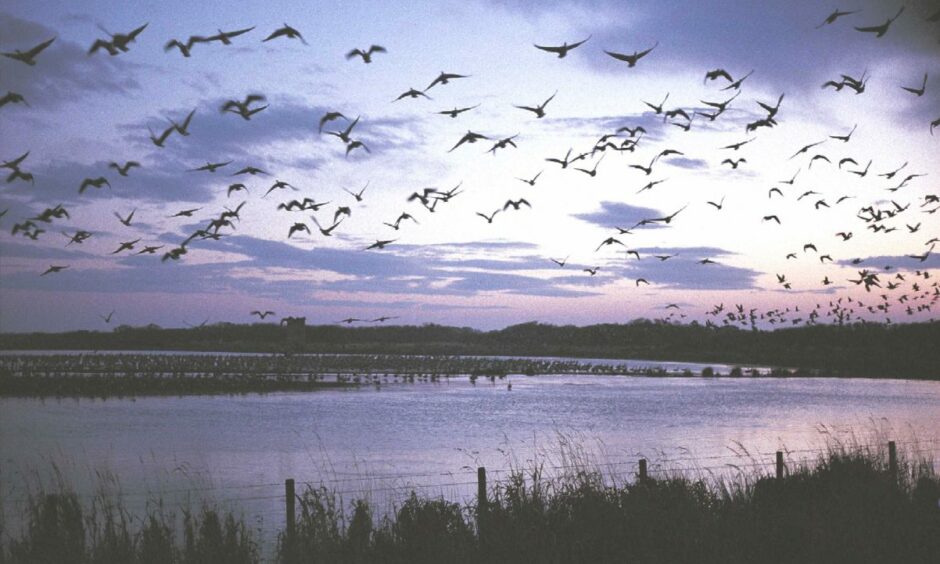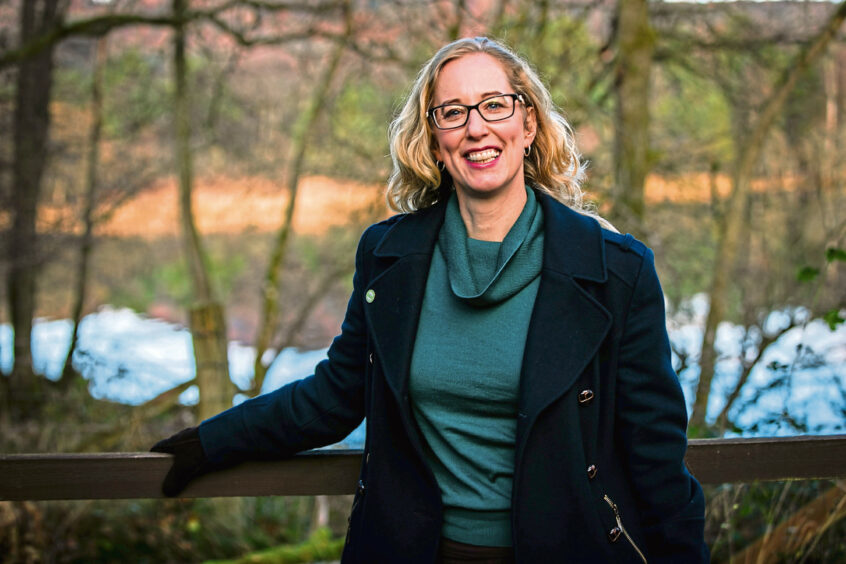A number of north and north-east projects focused on fighting climate change have received a share of £5million.
The projects which help species, woodlands, rivers and seas across Scotland have been recognised by the Scottish Government and received awards from the Nature Restoration Fund.
A total of 46 projects across Scotland have received a share of the funding today, with more than a quarter based across Aberdeenshire, Moray, the Highlands and Islands.
The Spey Catchment Initiative has been awarded £80,215 for its Large Woody Structure Installation project.
The money will be used to install between 80 and 100 structures within a 3.6-mile stretch of the upper Spey to improve in-stream habitats and reduce flood risks.
Lockett Agri-Environmental, based near Dingwall, has received £39,150 to create a wet woodland. This will be achieved by diverting an artificially straightened watercourse back to a natural course.
Two RSPB projects based in Orkney have received a funding boost, as well as the water control project at Loch of Strathbeg, near Crimond.
The National Trust for Scotland’s conservation grazing project at West Beinn Ghlas and a habitat enhancement project at Loch a’ Mhuilinn, organised by the Sannox Estate, will also benefit.
‘Bringing benefits across the country’
The fund, managed by NatureScot, was launched in 2021 with 54 projects awarded in the first round.
It has since been extended with a further £55m being committed over the next four years.
Minister of Biodiversity Lorna Slater said: “We know that transformative change is needed in order to protect and restore terrestrial, freshwater and marine biodiversity in Scotland.
“That’s why we established the £65million Nature Restoration Fund for projects that help Scotland’s species, woodlands, rivers and seas.
“These diverse, innovative projects are already bringing benefits across the country – not only to the environment, but also to the health and wellbeing of local communities.
“The Nature Restoration Fund is just one of the ways we are demonstrating our commitment to tackling biodiversity loss and restoring nature for future generations.”
Later this year, the government will publish an “ambitious” new biodiversity strategy which aims to halt biodiversity loss by 2030 and reverse it by 2045.
‘There is hope’
Francesca Osowska, chief executive of NatureScot, added: “We are all now more aware than ever before of the urgency of the climate change emergency. But there is hope.
“By restoring nature, protecting and enhancing habitats and safeguarding marine life, we can secure a better future for nature and for ourselves.
“Scotland is taking action now to meet the huge challenges and pressures that nature is facing; it is individual projects like the ones funded today that will make the difference and set us on the road to recovery.
“Climate change needs nature-based solutions, not only to help us reach net zero by 2045 but also to create a healthier, more resilient Scotland.”



Conversation